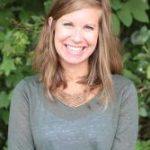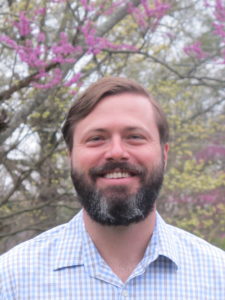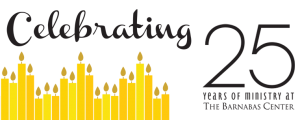Responding to World News
“The natural desire to avoid pain directs us toward a path of independence, but if hunger is deeply felt, it will lead to a path of chosen dependence on a Person greater than ourselves.”
– Dan Allender
Lately I’ve come to see that grieving is as much a part of living as is hoping. I know this sounds strange, but we must remember we were all born out of pain. We left our mothers’ womb to enter the life we were created to live. Something is lost: the comfort of the womb. Something is gained: our life. There is something to take from this. All of our lives started with struggle: squeezing through the birth canal (you’re welcome), gasping for air, and flailing into new space with multiple sets of eyes looking at you (while naked I might add)…that’s vulnerability from the very start. Pain and loss pave our entry into living in this world.
Evidence of this pain and loss is turning on the news. War, violence, poverty, tragedy, aggression, hatred, and power struggles are all around us; listening to the news is to be bombarded with stories laden with pain. People are losing their lives because of their race, culture, sexual identity, or because of someone else’s anger and pain. Our tears, adrenaline, anger, sadness, and heartache show us that we can sniff out injustice pretty quickly. We have a knowing sense and “distant memory of Eden” (as Dan Allender has written in Healing Path). We grieve the loss of the Garden of Eden, and we long for Heaven now. The world should not be broken, and we long for it to be made whole.
A lot of clients ask why it’s important to talk about their grief, disappointment, and pain. To many it feels pointless, cynical, Eeyore-ish, and too hard. Others see the value in it but are afraid to go there because they fear there will not be a way out. Talking about what’s been lost is awakening our longing for what was and what could be; it is hope for the Hope to come. It is longing for a home where there will be no more tears or mourning or pain (Revelation 21:4). At a scene of an accident, the first thing the paramedics do is consider the impact and assess what level of trauma has occurred. The whole point of this is to seek the right course of treatment at the appropriate rate in the most appropriate hands. We do not take someone to the dentist when they’ve had a brain injury. We don’t go to the grocery store after we’ve broken a leg. Rather, we seek the right Remedy for our brokenness and pain. The Remedy and one we must depend on is Jesus.

Grief awakens our hearts to an intuitive hope. When we recognize what’s lost, not right, broken, sick or dead, it shows that we know it shouldn’t be that way. We don’t have to look far or use any imagination to see that the world is broken; nor do we have to ponder if we desire for it to be made right and whole. We miss Eden and we long for Heaven.

Mollie Johnston moved to Charlotte from Tennessee to pursue her Masters in Counseling at Gordon-Conwell. Having completed that degree she is a full-time counselor with The Barnabas Center. Mollie is originally from Chattanooga, Tennessee and holds a BA in Spanish from University of Tennessee, Knoxville.
Save
Save
Save
Save
Save
Save
Save
Save
Save
Save
Save
Save
Save





